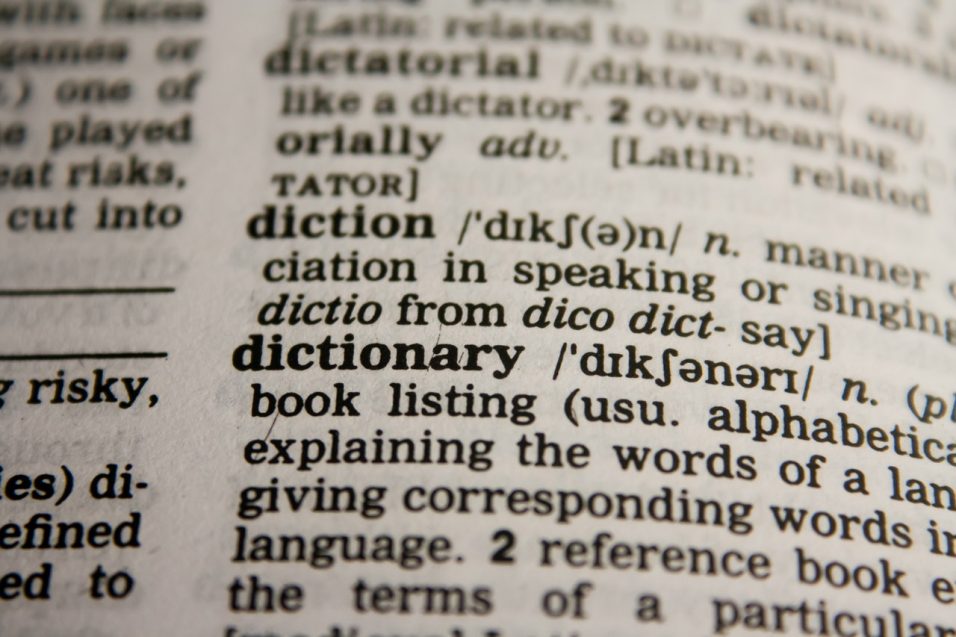As You Know, Exposition is Tough

Elsewhere in this blog I’ve advised writers to avoid exposition entirely in first drafts—to write as if everyone was as familiar with your characters and setting as you are, then going back and filling exposition sparingly later. The idea being that you’ll more clearly see when exposition is necessary once you’ve told the story.
That advice still stands, but it doesn’t address how, exactly, to cram exposition into your story when you decide it’s necessary. You could write an entire book on the subject, but here’s one piece of pithy advice you can take or leave: Avoid as you know dialog.
As You Know, I’m an Idiot
As you know is a phrase that works to imply that what’s about to be said is common knowledge:
NPC: What time is it?
Main Character: As you know, I recently lost my watch. That’s a stabbing!
<stabs NPC>
It’s an idiot tag, though; if it’s common knowledge, why is the character saying it? Instead of camouflaging exposition, it actually lampshades the fact that your character is about to vomit up a few paragraphs of exposition. Nothing that follows as you know (or similar phrases) will sound natural in any way.
Worse, you don’t even need to actually use a phrase like as you know. Simply having your characters recite information purely for the benefit of the reader will sound artificial and stiff, no matter what else you do.
Now, this doesn’t necessarily tell you how to get necessary exposition into your story in a natural, subtle way. But sometimes the road to better writing is knowing what to stop doing. After you eliminate all the bad choices, after all, what’s left should be if not an ideal choice at least a better choice.
As you know, this is the end of the blog post.






